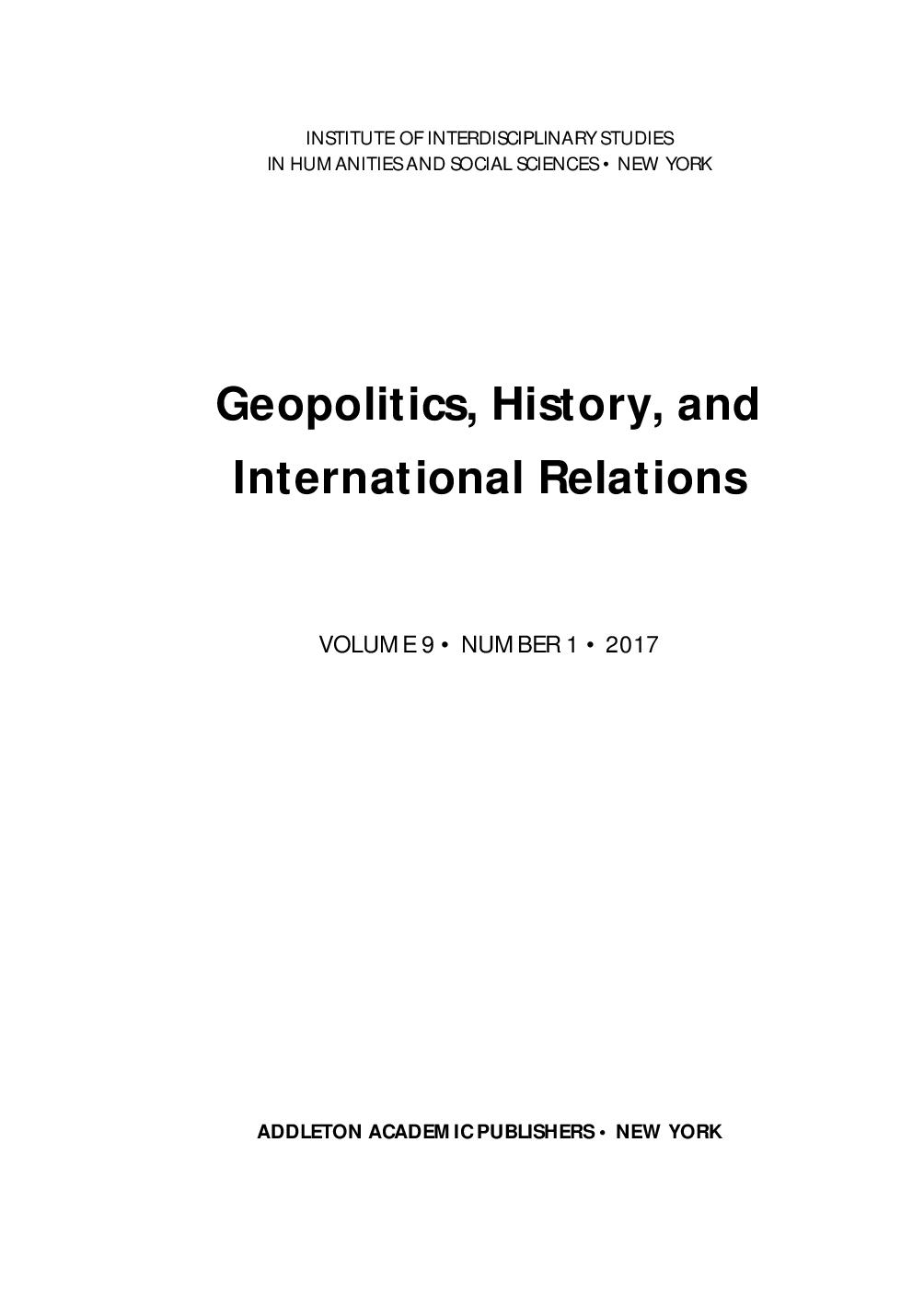THE ENERGY UNION AS AN INSTRUMENT OF GLOBAL GOVERNANCE IN EU-RUSSIA ENERGY RELATIONS: FROM FRAGMENTATION TO COHERENCE AND SOLIDARITY
THE ENERGY UNION AS AN INSTRUMENT OF GLOBAL GOVERNANCE IN EU-RUSSIA ENERGY RELATIONS: FROM FRAGMENTATION TO COHERENCE AND SOLIDARITY
Author(s): Natasha A. Georgiou, ANDREA ROCCOSubject(s): Supranational / Global Economy, Energy and Environmental Studies, Environmental and Energy policy, Social Theory, EU-Approach / EU-Accession / EU-Development
Published by: Addleton Academic Publishers
Keywords: energy governance; energy security; Energy Union; EU solidarity; EU external energy policy; EU–Russia relations;
Summary/Abstract: EU–Russia relations are in desperate need of legislative and institutional reform given the fragmented legal infrastructure regulating energy trade between these two powers. The paper will argue that the energy partnership is a highly strategic relationship that has profound implications for the international arena as far as energy security and stability are concerned, for which a solid over-arching legal framework is required. Other simmering issues include the absence of reciprocity in energy market access and the lack of coherence in external EU energy relations which has resulted in bilateralism emerging as the default approach of engagement. These issues are interrelated and closely affiliated to the need for a revised bilateral and international legal framework, as diverse positions and a lack of cooperation amongst Member States undermine collective EU actions and legislative initiatives. In this respect the paper advocates that the Energy Union may be a comprehensive solution to these challenges, by implementing a cohesive and fully functioning energy policy that will strengthen EU solidarity and coherence in the Union’s external relations, thereby bolstering EU energy security. Whilst the premise of the research is predominantly based on economic interdependence theory which advocates that the EU and Russia are mutually dependent and thereby cooperation is likely to prevail in their energy relations, the research also alludes to the emergence of the EU as a normative power in its efforts to bolster its energy security and change the terms of engagement with Russia with the unveiling of the Energy Union initiative.
Journal: Geopolitics, History, and International Relations
- Issue Year: 9/2017
- Issue No: 1
- Page Range: 241-268
- Page Count: 28
- Language: English
- Content File-PDF

